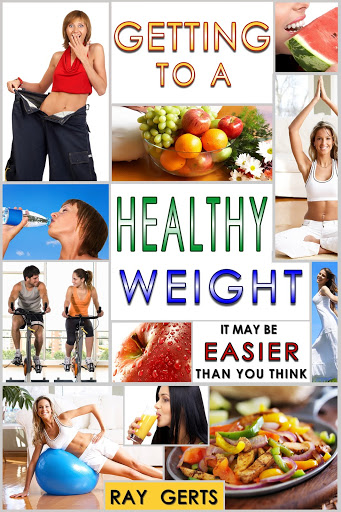This makes a lot of sense to me. Read below and see if you agree.
We don’t all digest carbs or for that matter any food the same way the next person does. There are differences in the way people digest food, which might be the reason brothers or sisters eating the same food while growing up can have different size bodies. Being overweight is a worldwide problem and scientists from dozens of countries are trying to come up with a solution. So if you have trouble keeping the weight off, it’s a good idea to read about the problems and the solutions that are being worked on.
Science has caulked this off to different genes. But some doctors think it’s not that simple. What if those genes that get all the blame, actually cause your body to digest carbs differently than other people? Read the following article I found in HealthDay News. Obesity or just being overweight may be because some people just can’t eat the same foods that others eat.
The way your body digests carbohydrates may affect your risk for obesity, a new genetic study indicates.
Researchers focused on a gene called AMY1, which is responsible for an enzyme in the saliva called salivary amylase. When food enters the mouth, the enzyme begins the process of starch absorption that continues in the digestive system. Starches are a type of carbohydrate.
People typically have two copies of AMY1, but the number of copies can vary widely. It’s believed that higher numbers of the gene evolved in response to diets that contained greater levels of starch, the researchers said.
They studied the number of copies of AMY1 in thousands of people from France, Singapore, Sweden, and the United Kingdom, and found those with a low number of copies were more likely to be obese.
People with fewer than four copies of the gene were about eight times more likely to be obese than those with nine copies. For every additional copy of the gene, a person was about 20 percent less likely to be obese, according to the authors of the study published March 30 in Nature Genetics.
“I think this is an important discovery because it suggests that how we digest starch and how the end products from the digestion of complex carbohydrates behave in the gut could be important factors in the risk of obesity,” study co-lead author Dr. Philippe Froguel, chair of genomic medicine at the School of Public Health of Imperial College London, said in a college news release.
“Future research is needed to understand whether or not altering the digestion of starchy food might improve someone’s ability to lose weight, or prevent a person from becoming obese,” Froguel said.
“We are also interested in whether there is a link between this genetic variation and people’s risk of other metabolic disorders such as diabetes, as people with a low number of copies of the salivary amylase gene may also be glucose intolerant,” Froguel said.
Previous studies investigating obesity have identified variations in genes that act in the brain and often result in differences in appetite, the study's first author Dr. Mario Falchi, also from Imperial College London, said in the news release. “Our finding is related to how the body physically handles digestion of carbohydrates.”
Falchi said researchers are starting to develop a clearer picture of a combination of genetic factors that contribute to a person’s chances of becoming obese. “This should ultimately help us to find better ways of tackling obesity,” he said.
— Robert Preidt
Look for my podcast by searching “How Bad Do You Want To Lose Weight” on the podcast app that you use. You’ll see a piece of my book cover.
If you really want to lose your body fat look for my e-books at the websites listed below. You’ll get information on Healthy eating, exercise, and diet. Instead of spending hours on the internet reading dozens of posts, you can save time by picking up one of my e-books.
There are two e-books. “How Bad Do You Want To Lose Weight?” is available at all the online bookstores selling for $3.99. Go to any of the websites below and search the title to find my e-book. This book gives you all you need to lose weight without spending money on gym memberships, diet plans, or meal plans.
Look for my book. at Amazon.com, bn.com, iBooks, Kobo.com, Scribd.com, or Gardner Books in the U.K.
My new e-book is available on Smashwords.com and other online bookstores. Just type “getting to a Healthy Weight” in the search box at the top of the home page.







